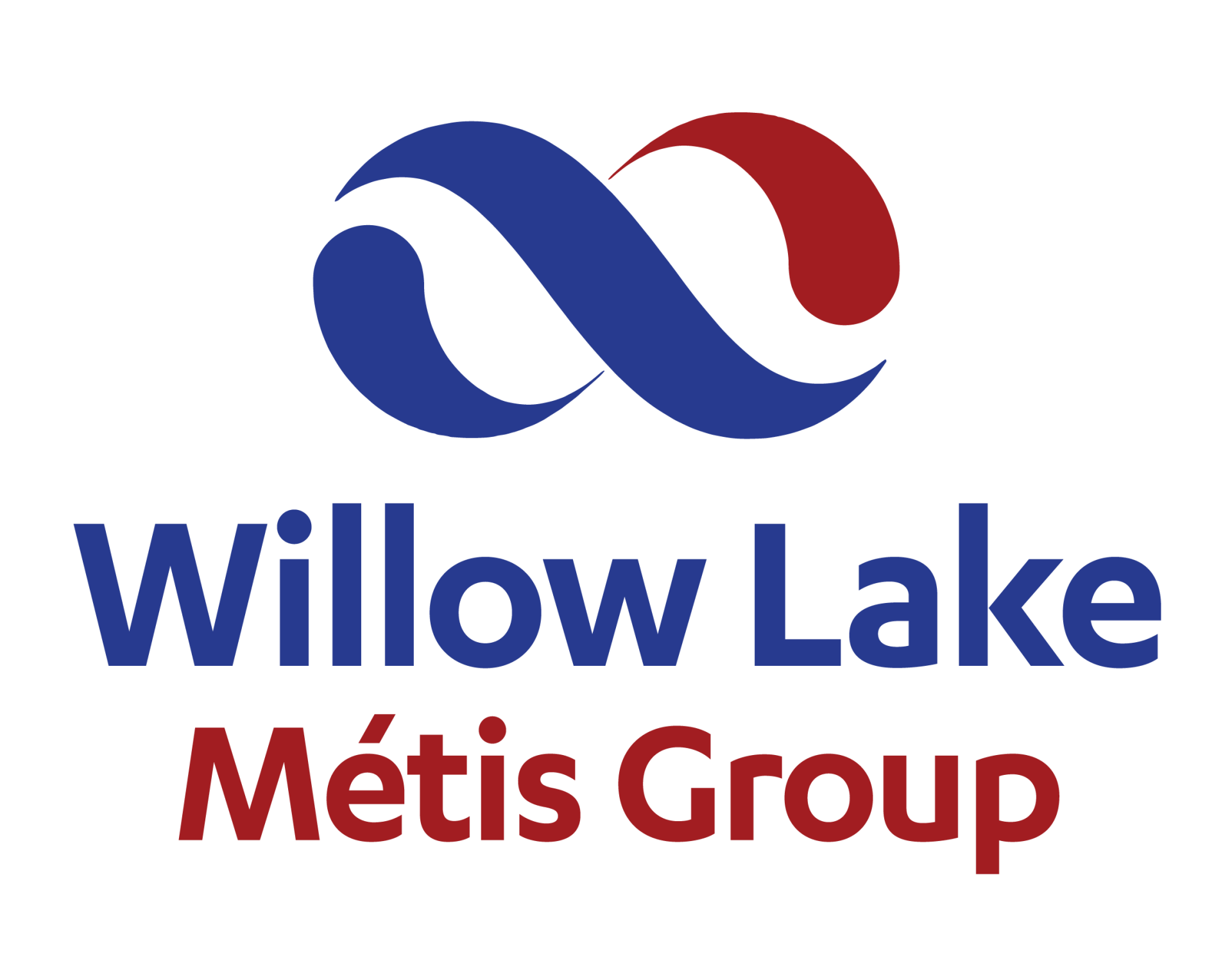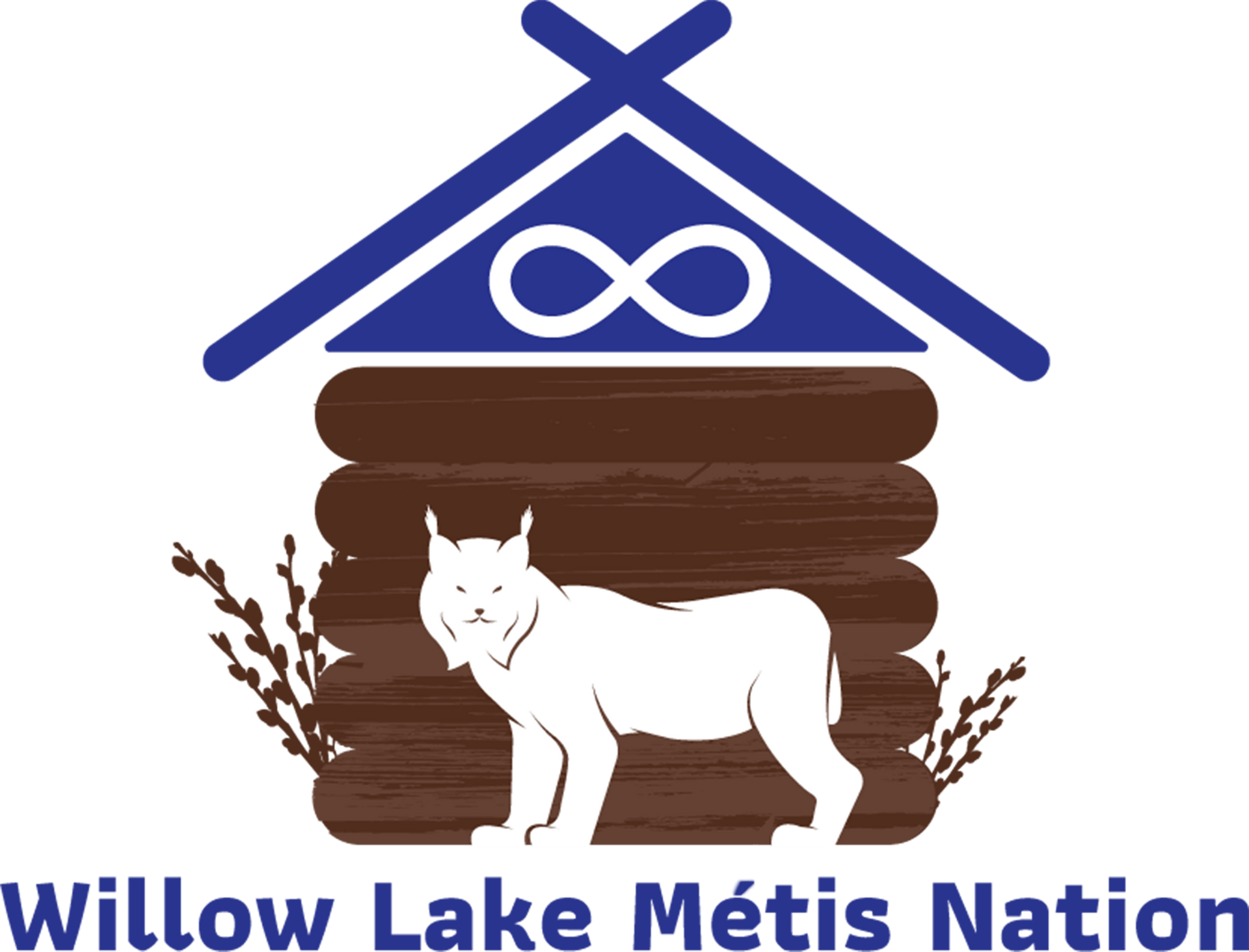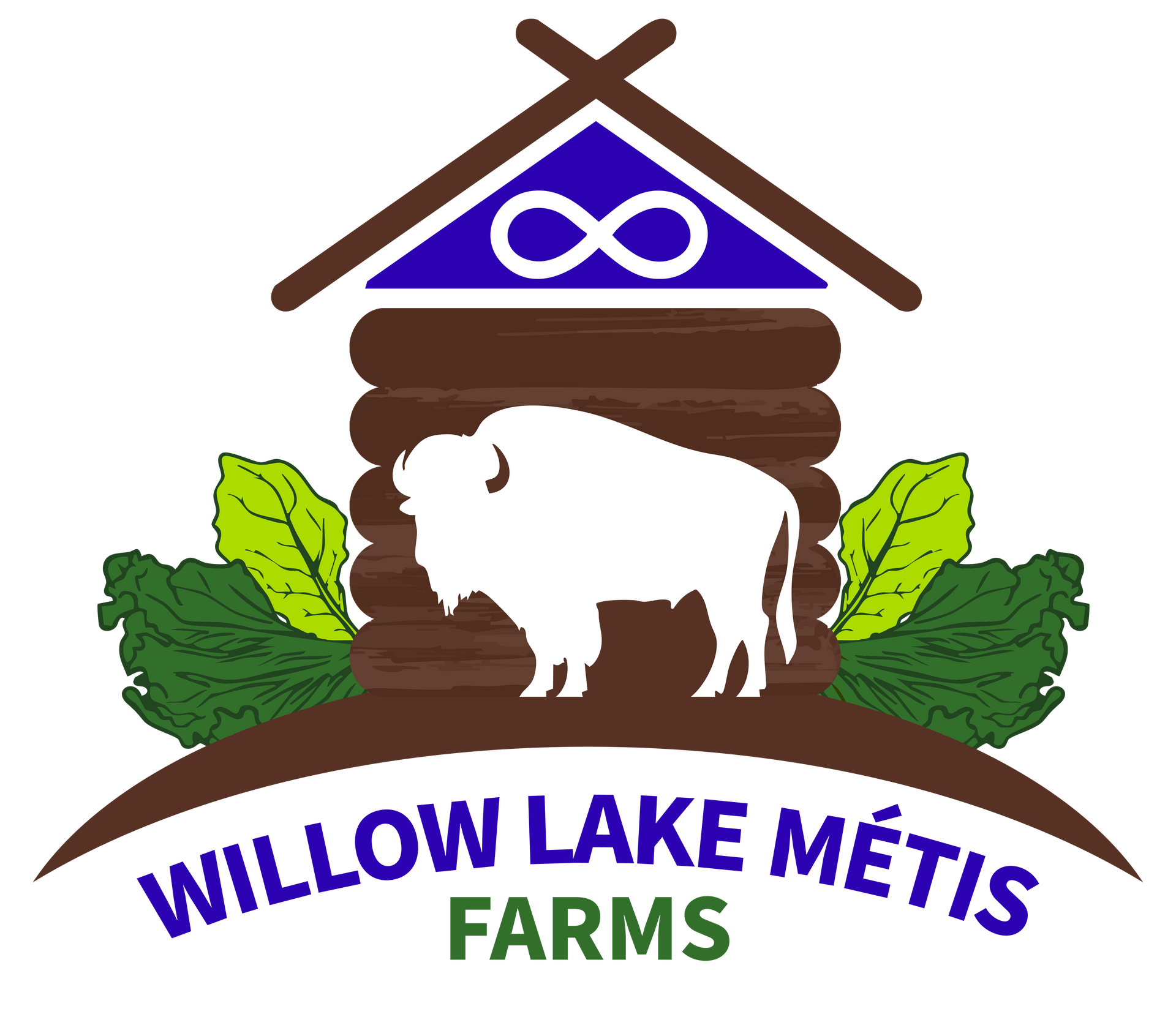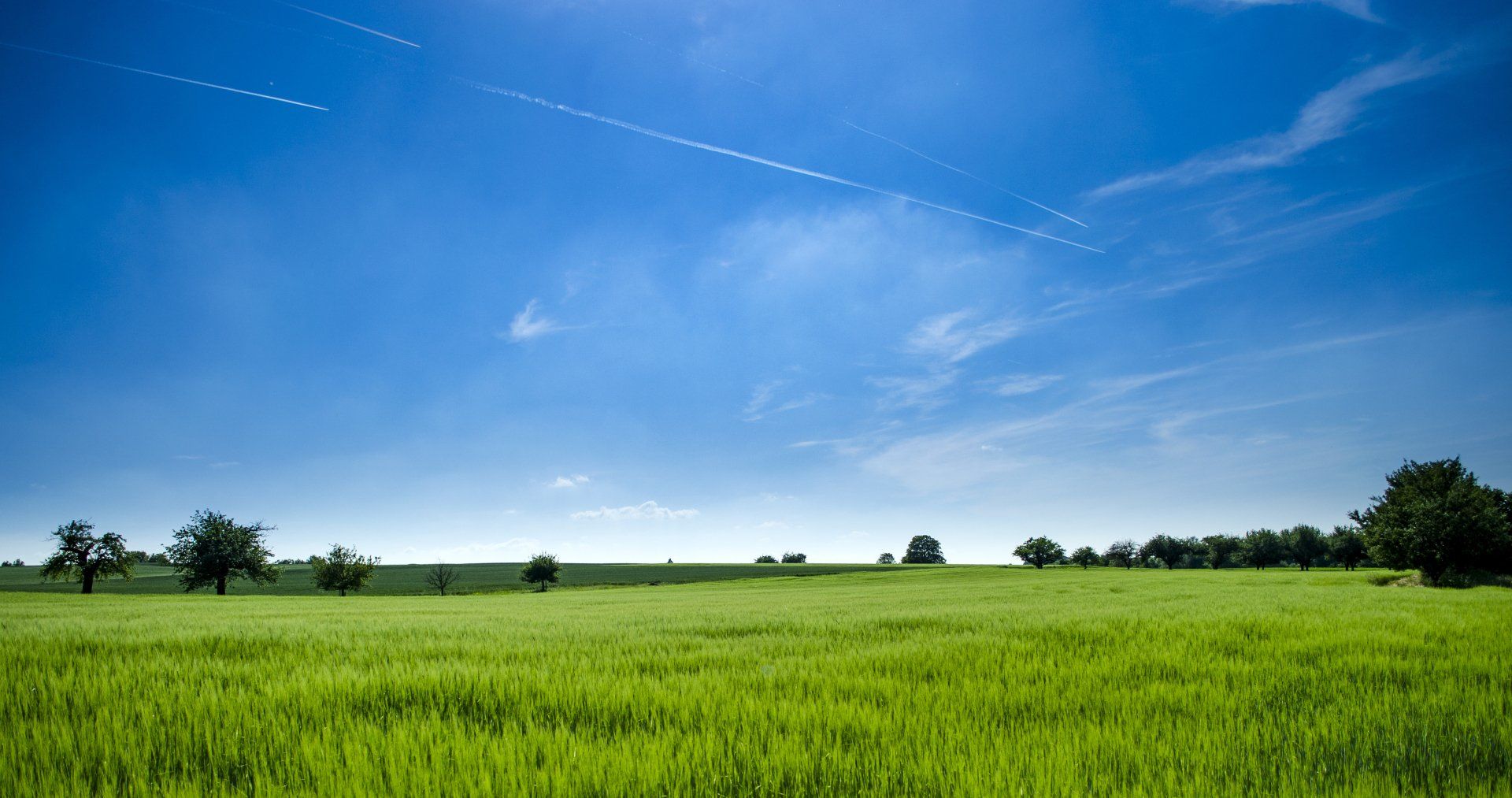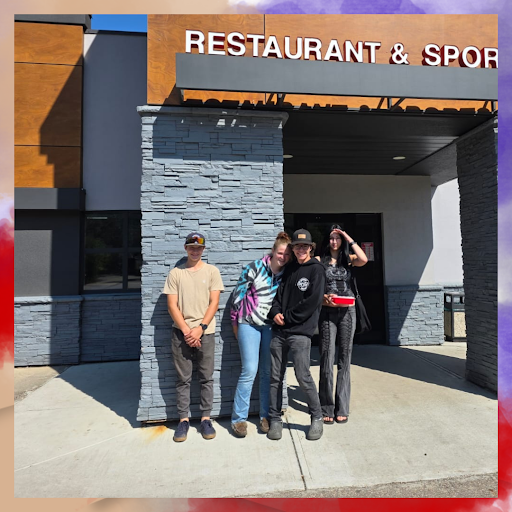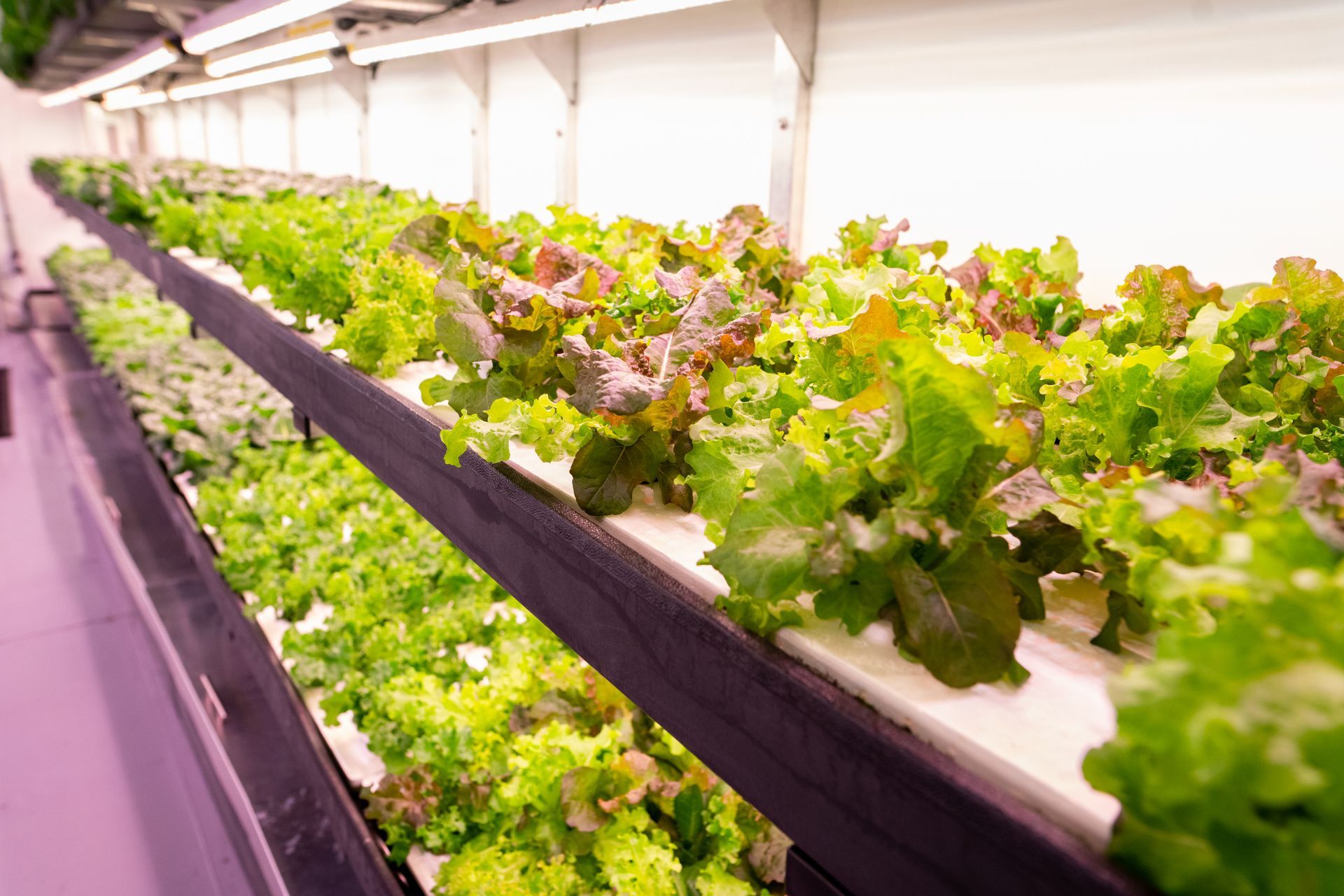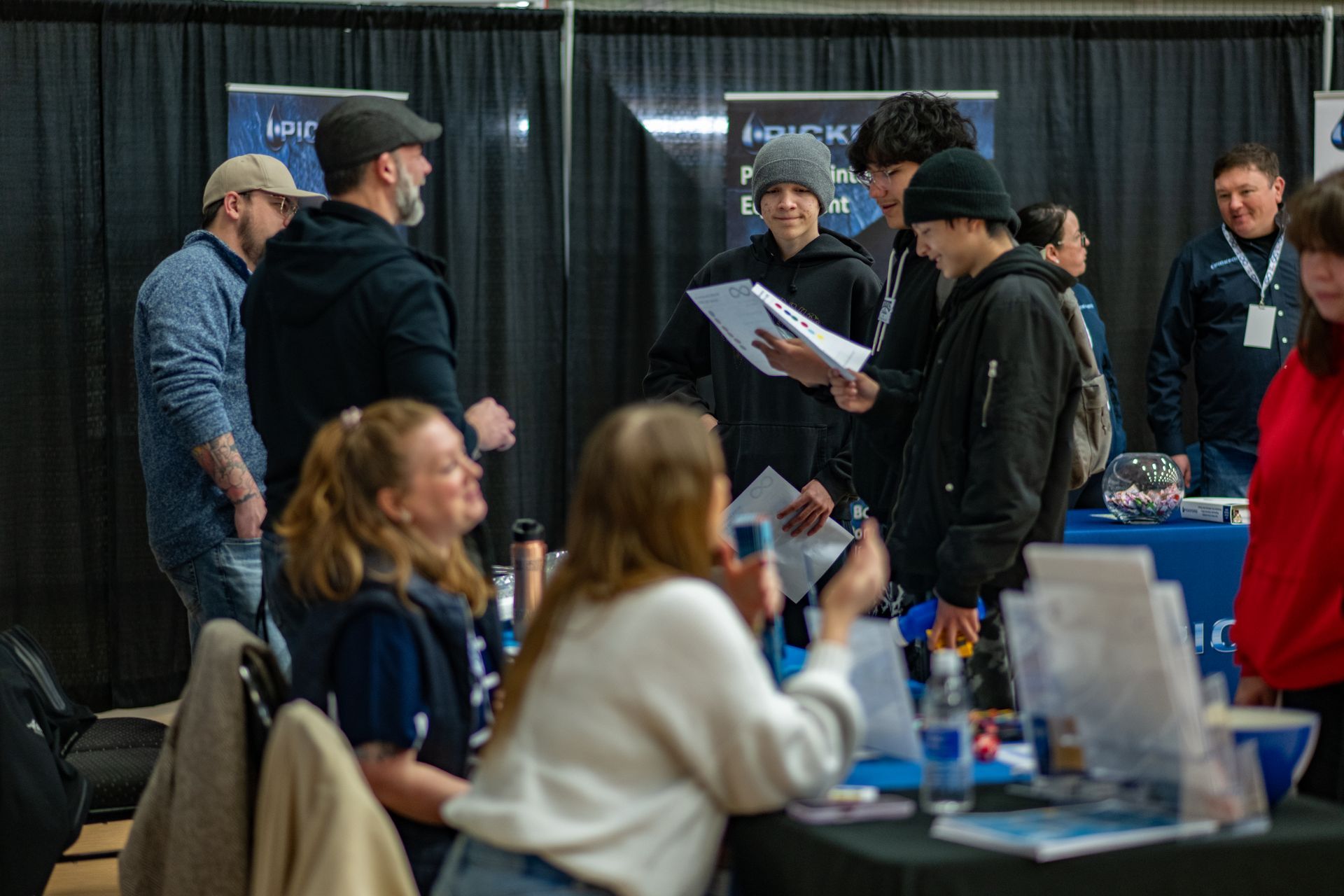News
Willow Lake Métis Nation periodically participates in media interviews and issues press releases on some of its major initiatives and announcements. Learn more about what we are working towards by checking out these articles, features, and press releases.
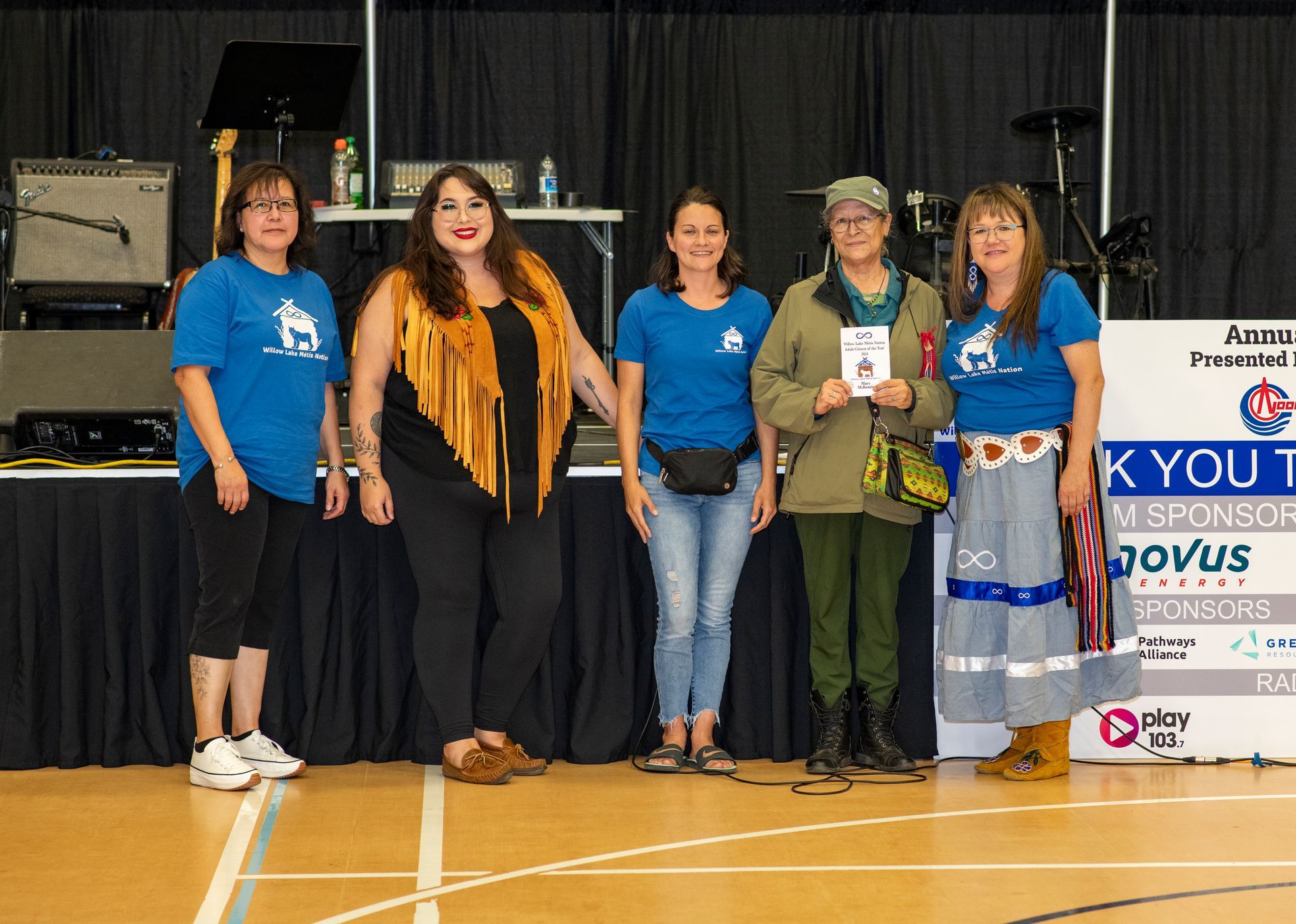
Join Us for the 22nd Annual Willow Lake Métis Festival! Willow Lake Métis Nation is proud to host its 22nd Annual Métis Festival — a day full of celebration, tradition, and community spirit! Join us on Saturday, September 6, 2025, from 11:00 AM to 5:00 PM at the Anzac Recreational Centre for a family-friendly event that brings Métis culture to life.
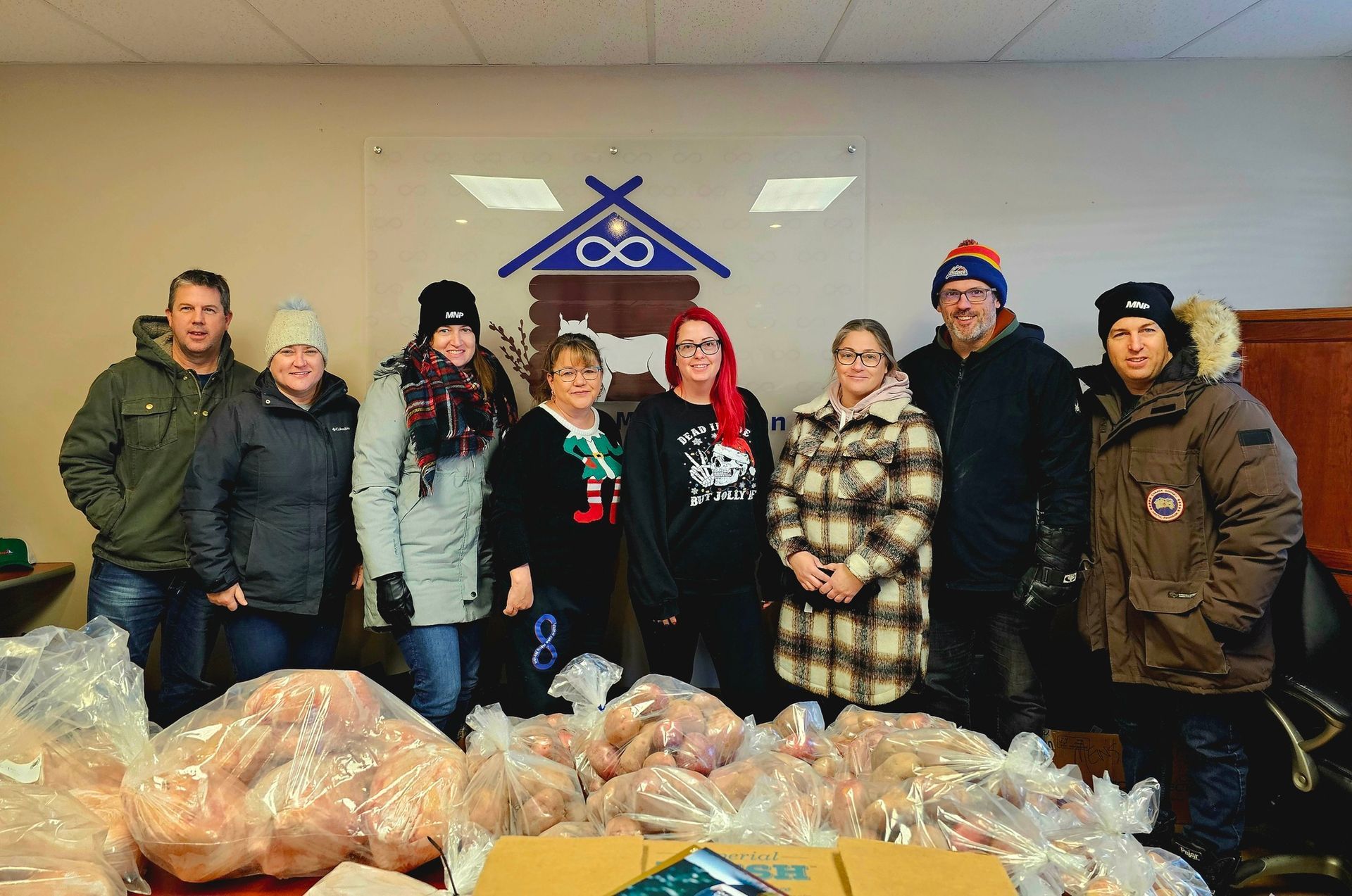
At Willow Lake Métis Nation (WLMN), governance is more than policies and procedures — it is the framework through which we serve, support, and stand up for our Citizens. Good governance is about listening, learning, and leading with intention. It is about ensuring that every Citizen can trust the systems behind the services they receive. We believe strong administration is the key to self-determination, community well-being, and long-term success. Through careful planning and transparent leadership, WLMN continues to build administrative structures that not only serve our present but shape our future. These systems are grounded in Métis values and aligned with our Seven Pillars of Governance , including Governance and Fiscal Responsibility, Citizenship and Nationhood, and Economic Development. Governance Rooted in Responsibility and Vision Willow Lake Métis Nation operates with integrity, accountability, and a commitment to ongoing improvement. Under the leadership of Executive Director Stella Lavallee, we strive for governance that is both transparent and responsive. This means ensuring every policy, every decision, and every new initiative is made with Citizens in mind. We are continuously refining how our Nation operates through the creation of fair and clear policies, the development of support programs that meet real needs, and the delivery of services that empower individuals and families across Northern Alberta. This approach to leadership helps to build confidence, strengthen trust, and ensure every Citizen feels connected to the governance of their Nation. Building Stronger Systems Through Administration WLMN’s administrative work is where vision becomes action. Our team works diligently to manage the day-to-day operations of the Nation in ways that reflect our collective priorities. Our key areas of administrative focus include the following initiatives. Policy creation ensures that all guidelines and decisions are thoughtfully developed and reflect the needs and values of our Citizens. These policies provide clarity and consistency, helping our programs run smoothly and equitably. Policy administration puts those guidelines into action. We work to ensure all procedures are accessible and easy to understand, so that every Citizen knows what supports are available and how to access them. Our Citizenship program is foundational to our Nation’s identity. We maintain accurate records and support Citizens in accessing the services they are entitled to. More importantly, our work-around Citizenship fosters a strong sense of belonging, pride, and accountability within the community. Review the application form to become a Citizen today. Support programs are a direct expression of our commitment to well-being. These programs help Citizens meet basic needs, build skills, and explore opportunities. From food and health security to education and employment, our supports are designed to address barriers and open doors. Programs That Reflect Our Values in Action The work of administration and governance becomes real in the programs that reach Citizens. These initiatives are thoughtfully developed based on feedback, community priorities, and the vision of a stronger Nation. Our Class 3 Driver’s License Program was a great example of this. Through this program, Citizens gained access to professional driver training and graduated with the licensing required for employment in trades, construction, and transportation. It’s more than a license — it’s a step toward financial independence and long-term career success. The Security Guard Training Program offered another vital employment pathway. Participants gained industry-recognized certification and valuable experience that translated directly into job opportunities in safety, event security, and community services. These kinds of initiatives support individual empowerment while contributing to the broader safety and prosperity of our Nation. In addition to workforce initiatives, WLMN’s policies support Citizens through every stage of life. Our Bereavement Assistance Policy provides compassionate support during times of loss. The Community Investment and Citizen Support Funding Policy is designed to achieve two key outcomes: supporting organizations developing programs within our region, and investing directly in Citizens to advance the Métis community. Through our Education Policy, Training Program, and Employment and Training services, we help Citizens build lasting careers and achieve personal goals with confidence. In early 2023, we also announced two new initiatives that address pressing day-to-day needs: a technology access program that provided Fibre Optic internet to Citizens, and safeguarding the future well-being of its community members through their Wills Support Initiative. These initiatives are practical, thoughtful, and rooted in care. They reflect WLMN’s commitment to ensuring accessibility for its Citizens. Each of these programs is supported by well-developed administrative processes and clear policies. They demonstrate how responsible governance directly benefits Citizens and reflects our collective values. Self-Determination in Practice WLMN’s approach to governance is built on the principle of Métis self-determination. We believe in managing our affairs, shaping our programs, and making decisions that honour our distinct culture and identity. Through careful policy development and strong administrative oversight, we are exercising that right every day. Self-determination also means we are not waiting for outside systems to define who we are or what we deserve. Instead, we are building a governance model that reflects the wisdom of our Elders, the energy of our youth, and the shared purpose of our community. This model prioritizes transparency. Citizens deserve to know how decisions are made, how funding is spent, and how policies affect them. It also prioritizes adaptability. As the needs of our community evolve, so too must our systems. That is why we are always listening, always learning, and always striving to improve. Looking Forward: A Nation Built to Last Governance and administration are not static — they are living systems that must grow with our community. WLMN is committed to making those systems stronger, smarter, and more inclusive with every passing year. We are proud of what we’ve accomplished, and we know there is more to do. We are continuing to develop new programs, improve access to existing supports, and refine our policy framework to serve all Citizens more effectively. If you are a Citizen looking to learn more about your rights, opportunities, or how to get involved, we encourage you to visit our Citizen Resources page. These tools are here to support you, because when our Citizens thrive, our Nation thrives. Together, through responsible leadership and transparent administration, we are shaping a stronger Willow Lake Métis Nation.
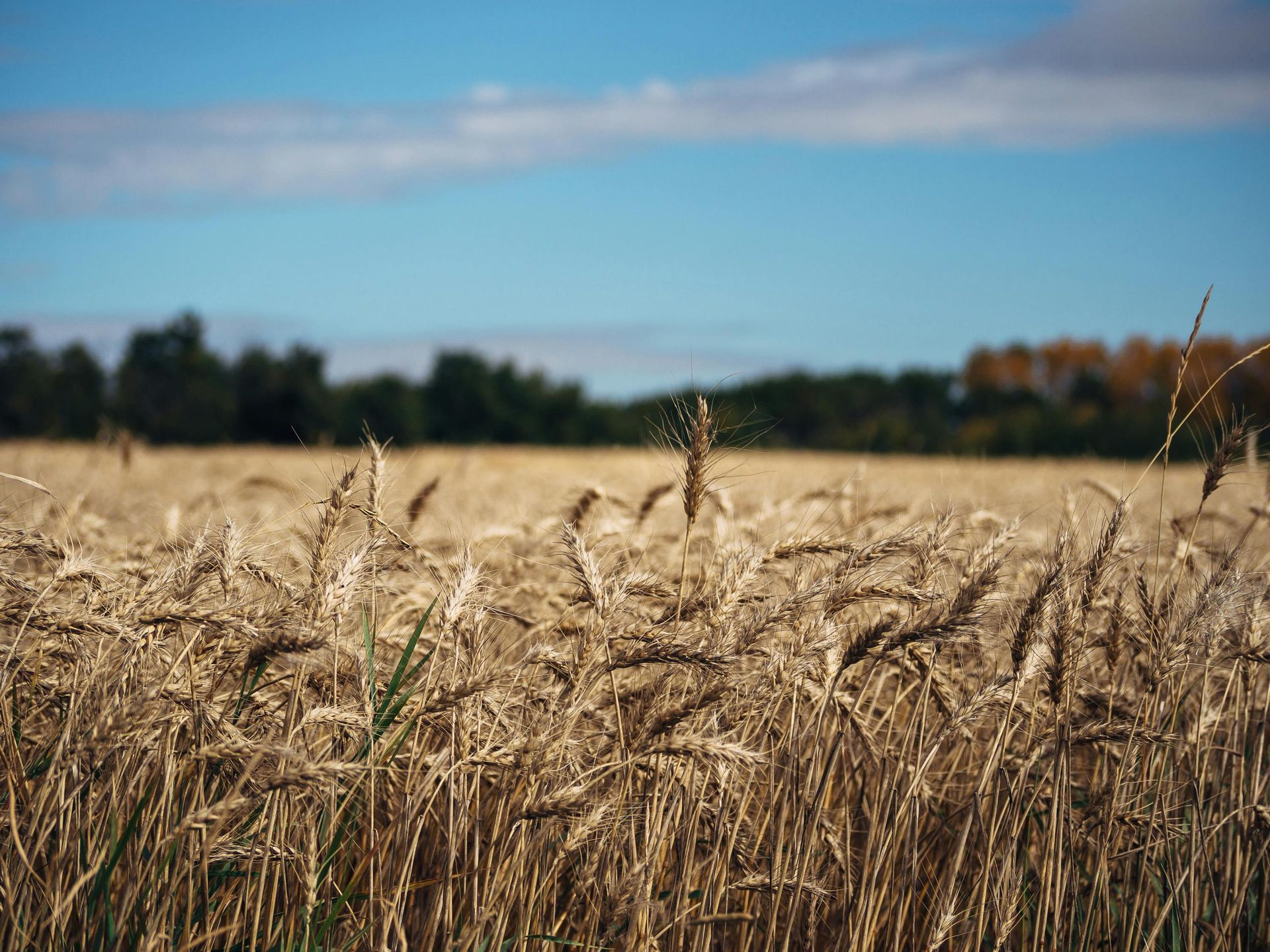
To Whom It May Concern: We, the democratically elected leadership of the Willow Lake Métis Nation (WLMN), are formally asserting our constitutionally protected rights under Section 35 of the Constitution Act, 1982 in relation to proposed resource development projects in northwestern Saskatchewan. Willow Lake Métis Nation is a historic and contemporary Métis community based in Anzac, Alberta. Our traditional territory extends eastward into what is now Saskatchewan, from Dore Lake in the south to Lake Athabasca in the north. Our people maintain ancestral and ongoing traditional ties to regions surrounding La Loche and the Clearwater River Dene Nation. These connections predate provincial boundaries and are reflected in the historical signing of Treaty 8 at Fort McMurray by members of the Portage La Loche group now known as the Clearwater River Dene Nation. We have serious and valid concerns regarding the proposed uranium development in the Clearwater River watershed. The environmental impacts and the continued taking up of our traditional lands pose risks to our people, culture, and way of life. Despite our repeated efforts to engage, the Government of Canada and the proponents of these projects have failed to consult with WLMN. In response, and as a matter of last resort in our obligation to protect the land and uphold the rights of our Citizens, Willow Lake Métis Nation has filed a Federal Court application filed June 20, 2025, seeking judicial review of Canada’s failure to fulfill its duty to consult. The application relates specifically to uranium mining projects proposed by NexGen Energy and Paladin Canada at Patterson Lake, Saskatchewan, located approximately 150 kilometers northeast of Fort McMurray. We want to be clear: our assertion of rights does not conflict with or diminish any agreements made between other Indigenous Nations and the lease applicants. Our position is focused solely on ensuring the Crown’s duty to consult Willow Lake Métis Nation is meaningfully fulfilled. We are committed to respectful engagement and responsible development that includes all rights-holding Indigenous communities. Respectfully, The Leadership of Willow Lake Métis Nation
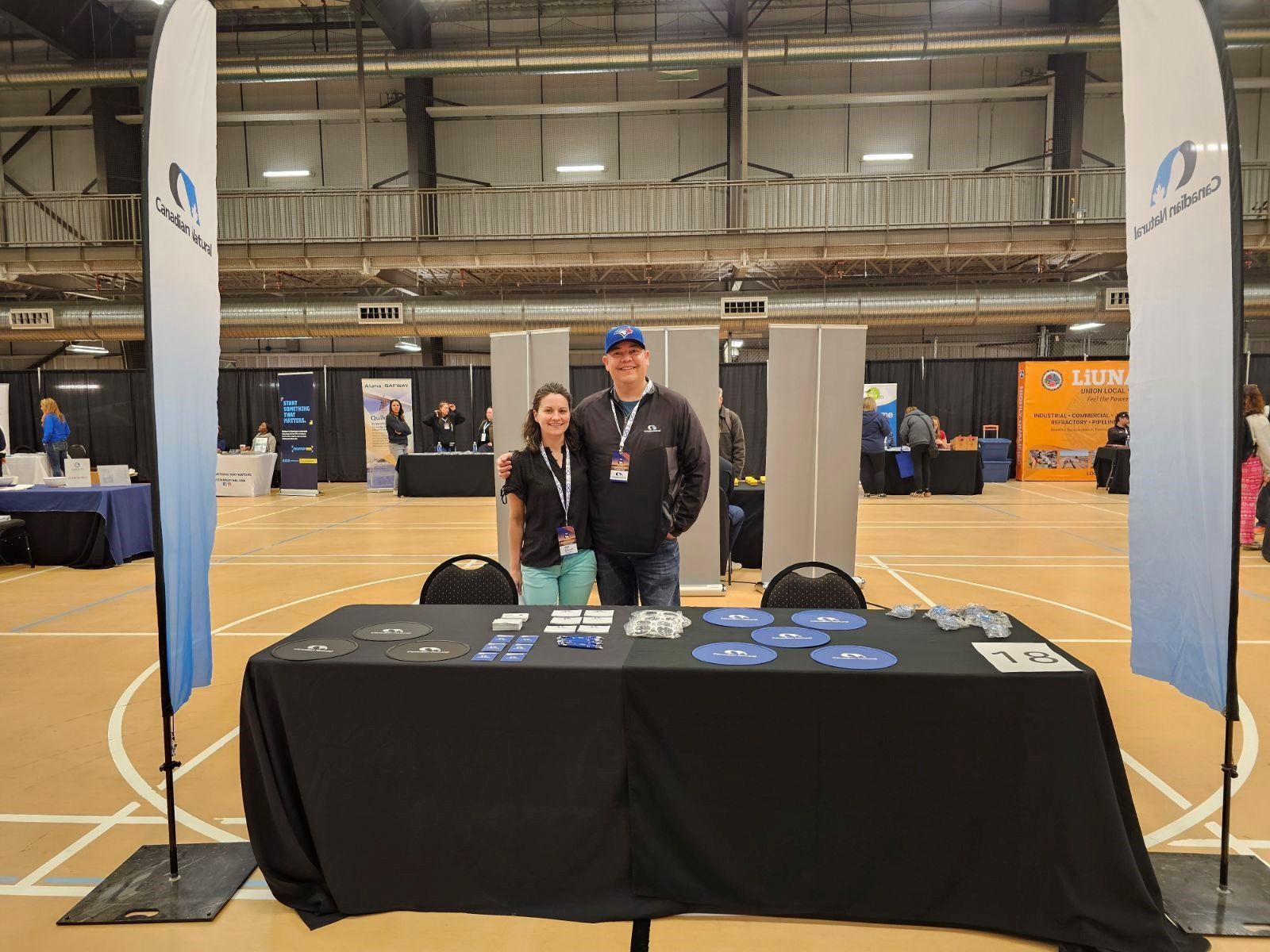
Rooted in Respect. Driven by Partnership. At Willow Lake Métis Nation (WLMN), our approach to industry relations is grounded in respect, transparency, and mutual benefit. Through strong, strategic partnerships, we are ensuring a sustainable future for our Citizens, protecting our rights, and supporting responsible economic development throughout Northern Alberta. Our Industry Relations pillar focuses on collaboration - not just consultation. It’s about co-creating opportunities that reflect our values, protect our lands, and invest in our Nation’s future. Partnership with Purpose We are proud to walk alongside industry leaders who recognize the importance of working with Indigenous communities in a meaningful way. Our partners contribute more than resources - they bring a commitment to long-term relationship-building rooted in open dialogue, shared goals, and reconciliation. Some of our key partnerships include: Astisiy Limited Partnership In a landmark move, the Willow Lake Métis Nation formed Astisiy Limited Partnership with Suncor Energy, making WLMN an equity partner in the Base Plant operations. This is not just an economic investment—it’s a bold step toward Indigenous ownership and influence in Alberta’s energy future. It’s a powerful example of how we can lead from a place of strength and vision when given a seat at the table. Learn More About Astisiy ConocoPhillips Canada Our collaboration with ConocoPhillips Canada has created opportunities for community investment, employment, and education. Their commitment to building relationships founded on honesty and shared success reflects what WLMN stands for: protecting our way of life while moving forward with purpose. Read About Our Work With Conoco Phillips Keyera Partnership Keyera’s respect for Indigenous rights and their support of community development have helped shape a partnership built on trust. Whether through education initiatives or environmental stewardship, our joint efforts reflect a shared desire to make meaningful contributions to the lives of our Citizens. Explore The Keyera Partnership Suncor Energy In addition to our equity stake via Astisiy, our ongoing relationship with Suncor is rooted in shared responsibility. Suncor recognizes that sustainable development must include Indigenous voices—and we are ensuring our Citizens are represented and respected at every step. Discover The Full Suncor Partnership Willow Lake Métis Group: Advancing Economic Reconciliation Through Industry While Willow Lake Métis Nation leads with community-first values, the Willow Lake Métis Group (WLMG) drives opportunity through industry. As the Nation’s economic development corporation, WLMG plays a critical role in ensuring our partnerships lead to real, tangible benefits for Citizens. WLMG works directly with industry to deliver high-quality services across sectors, ranging from maintenance and construction to logistics and workforce solutions. But our work goes beyond service delivery. We are building a model of economic reconciliation: one that empowers Indigenous ownership, prioritizes sustainability, and creates long-term prosperity for our Citizens. Through collaborations with partners, WLMG has positioned itself as a trusted Indigenous business leader across Northern Alberta. These relationships are not only helping companies meet their procurement and ESG goals, they are helping our Nation thrive. Together with WLMN, WLMG is proud to support a shared vision of community wellness, environmental stewardship, and economic empowerment. To learn more about WLMG services or partnership opportunities, visit Willow Lake Metis Group . A Platform for Dialogue We’ve created a platform where community and industry can come together. This is a space for open dialogue, shared decision-making, and the development of partnerships that benefit everyone. Through this, we are not only building a stronger economy, we are safeguarding our environment, our culture, and our Nation’s future. Willow Lake Métis Nation has created a platform where industry and community can come together - openly, respectfully, and strategically. These relationships support: Job creation and long-term employment for Citizens Hands-on training and mentorship in key sectors Revenue-sharing and investment in local programs Protection of our land and resources guided by Métis values We are building more than projects—we are building a legacy of collaboration, pride, and opportunity. Our Commitment Willow Lake Métis Nation is committed to: Economic Development that aligns with our values Environmental Stewardship that honours our traditional knowledge Community Empowerment through training, employment, and cultural preservation Mutual Respect and understanding in all relationships We’re grateful to our partners who walk this path with us and recognize the strength of Indigenous leadership in shaping a better tomorrow. Join us in building the future—together. For more information on our industry relations and how you can get involved, visit Our Industry Partners .
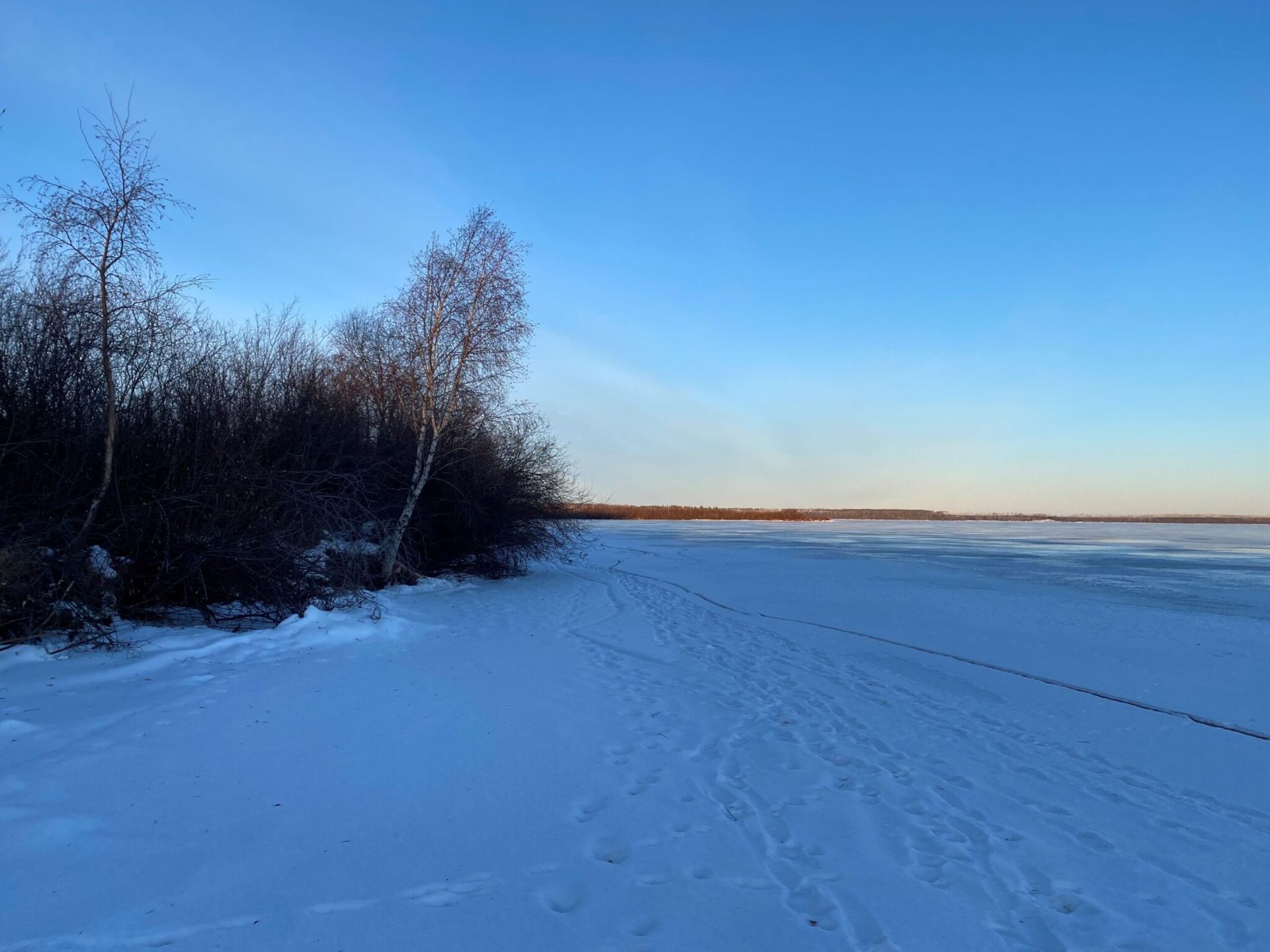
In early 2024, we shared the publication of our Community Climate Risk Assessment and Report in collaboration with the Resilience Institute, Associated Engineering, and the Prairie Adaptation Research Collaborative. Exciting insights gained from this project are now a valuable guide for fellow local governments keen on enhancing their adaptation planning strategies. View the report details and download the case study below.

Willow Lake Métis Nation was proud to stand in solidarity at this year’s Red Dress Day march in Fort McMurray, honouring missing and murdered Indigenous women, girls, and Two-Spirit people. Our Nation's own Stella Lavallee was featured in a Fort McMurray Today article, sharing her heartfelt perspective on the importance of this day. “This crisis is not just a tragedy, it’s a reflection of deeper systems that have long failed Indigenous communities.”
